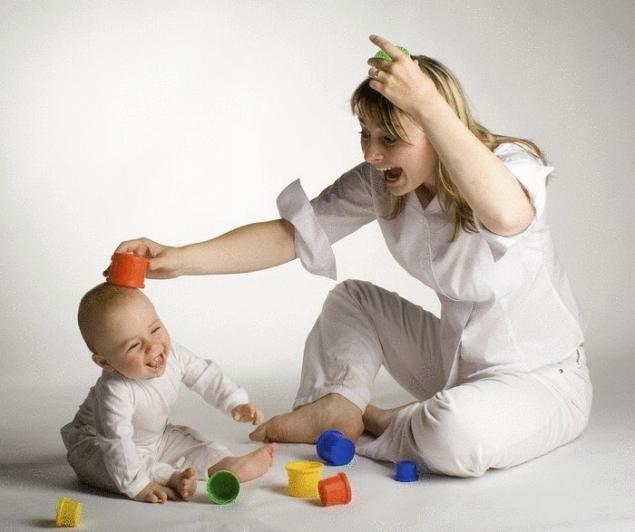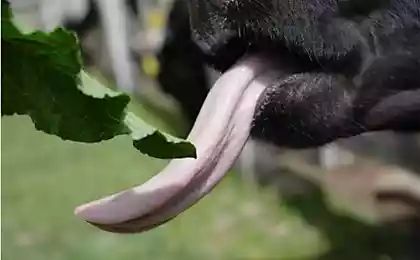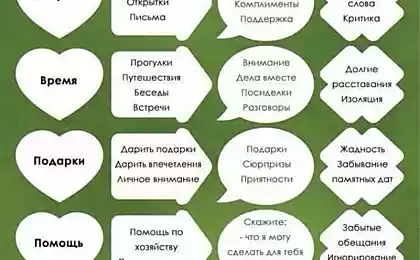396
Babies at 7 months are able to distinguish their native language from foreign
By the end of the first year of life, children not only begin to emit the correct sounds for the native language and can distinguish the native language from a foreign one, even if you can't talk yet. Such conclusions were made by scientists from the University of Washington.

These findings are based on magnetoencephalographic examination of infants and adults. Between the seventh and eleventh months, children begin to perceive different native and foreign languages. In addition, the process of speech perception are enabled simultaneously auditory and motor areas in the cerebral cortex. That is, even very young children are already trying to interact with others using their language, not just listen to the adults. Details of the study are summarized on the website of the University of Washington.
An important milestone in the mastery of human speech for the child is the sixth month of life until this age the baby is "cosmopolitan", is equally well distinguishing the sounds of all languages. But in the next channel of perception of sounds is narrowed, the child is better able to distinguish sounds of their native language, while foreign language captures it all worse. Therefore, when people need a diploma to order SPb linguistic Sciences and in childhood he studied several languages, he has very good chances to become a polyglot.
The experiment of American scientists was conducted in two stages. In the first phase, the children were given to listen to the recordings of the syllables in the native and foreign language. Even in infants the sounds react auditory and motor areas of the brain. However, the auditory area of the cerebral cortex in older participants reacted to the sounds of their native language more intensively, while the sounds of a foreign language intensively responds to the motor area. Apparently, so the brain helps a person to pronounce unknown sounds.
Source: scienceblog.ru

These findings are based on magnetoencephalographic examination of infants and adults. Between the seventh and eleventh months, children begin to perceive different native and foreign languages. In addition, the process of speech perception are enabled simultaneously auditory and motor areas in the cerebral cortex. That is, even very young children are already trying to interact with others using their language, not just listen to the adults. Details of the study are summarized on the website of the University of Washington.
An important milestone in the mastery of human speech for the child is the sixth month of life until this age the baby is "cosmopolitan", is equally well distinguishing the sounds of all languages. But in the next channel of perception of sounds is narrowed, the child is better able to distinguish sounds of their native language, while foreign language captures it all worse. Therefore, when people need a diploma to order SPb linguistic Sciences and in childhood he studied several languages, he has very good chances to become a polyglot.
The experiment of American scientists was conducted in two stages. In the first phase, the children were given to listen to the recordings of the syllables in the native and foreign language. Even in infants the sounds react auditory and motor areas of the brain. However, the auditory area of the cerebral cortex in older participants reacted to the sounds of their native language more intensively, while the sounds of a foreign language intensively responds to the motor area. Apparently, so the brain helps a person to pronounce unknown sounds.
Source: scienceblog.ru
Amazing pictures in the fantasy style Margarita Kireeva
TF-X – flying the first ECOCAR created by the Americans























